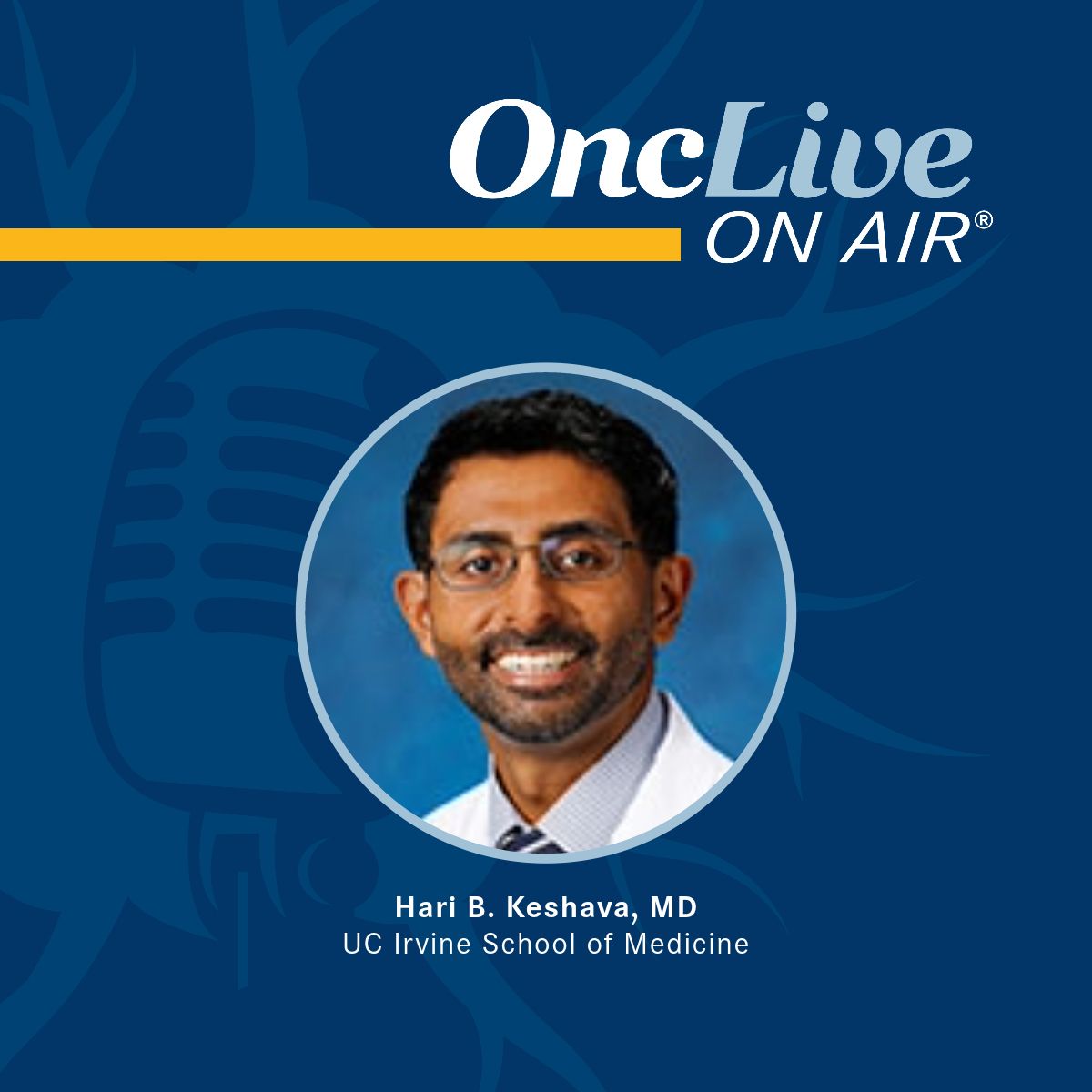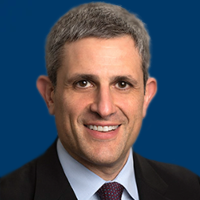Video
Dr. Ramalingam on the Use of Osimertinib in Clinical Trial and Real-World Settings
Author(s):
Suresh S. Ramalingam, MD, deputy director, Winship Cancer Institute of Emory University, discusses the impact of osimertinib (Tagrisso) in both clinical trial and real-world settings.
Suresh S. Ramalingam, MD, deputy director, Winship Cancer Institute of Emory University, discusses the impact of osimertinib (Tagrisso) in both clinical trial and real-world settings.
Treating patients with EGFR-mutated NSCLC that has metastasized to the brain is difficult, says Ramalingam. Ideally, every agent in the clinic would be effective against brain metastases; however, that’s not the case. Notably, in the phase III FLAURA trial, researchers saw intracranial responses with osimertinib. For about 20% of the patients with brain metastases who enrolled in the study, their progression-free survival hazard ratio was similar to that of the overall patient population, says Ramalingam. These patients also experienced also less disease progression in the brain with osimertinib.
Now that osimertinib has been available in the clinic for approximately 4 years, there is an abundance of real-world evidence that can be used to inform treatment expectations. The first indication for osimertinib in clinical practice was for use in the second-line setting, in patients with T790M acquired resistance to a first- or second-generation TKI. This is the same setting in which the phase III AURA3 trial had demonstrated superiority for osimertinib over platinum-based chemotherapy, says Ramalingam.
It’s encouraging to see these long-term survival data, he adds. Soon, survival data will also be presented from the AURA3 trial. Overall, the key takeaway from all of this, according to Ramalingam, is that patients with EGFR-mutated lung cancer are now living longer and longer due to better treatment options.









